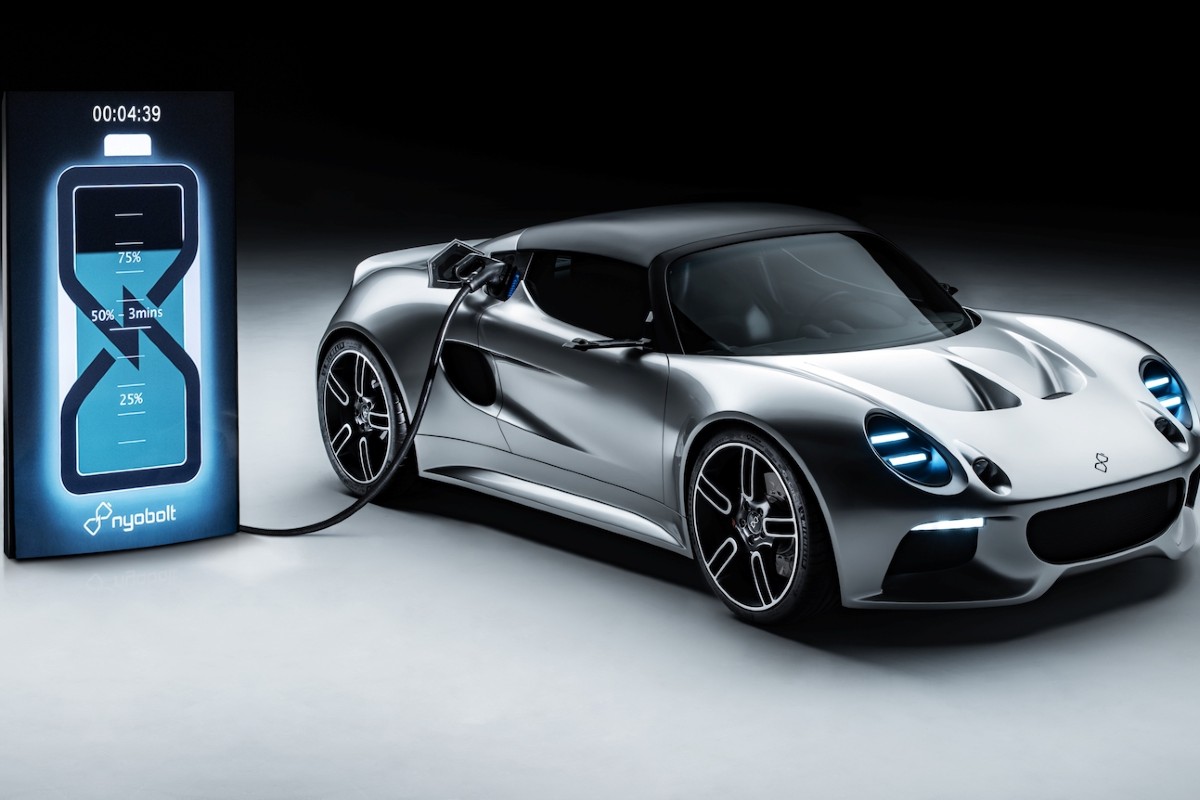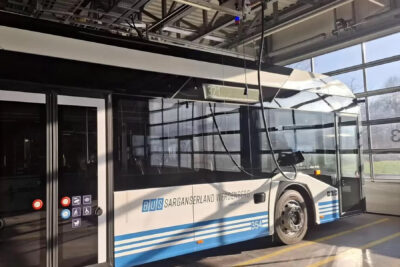Nyobolt faces financial hardship
Just last summer, Nyobolt presented its ultra-fast charging batteries, during which Nyobolt took 4:39 minutes to charge an EV battery from 10 to 80 per cent. The charging process was carried out using a 350 kW charger. However, the EV’s battery was relatively small at 35 kWh. Nyobolt stated that the vehicle has a range of 155 miles, or around 250 kilometres.
A similar demonstration took place in 2023, during which the charging process had taken 6 minutes. In order to fund the development, Nyobolt closed a major investment round worth £50 million in 2022.
Since the ambitious start, Nyobolt’s business has not been able to take off. According to the latest accounts, dated from November, the company made a £20 million loss on revenues of £67,000 in 2023. A report on Yahoo states that “since the accounts were published, Nyobolt said it had signed new contacts that would allow it to carry on trading beyond March, while also claiming the company was on the cusp of new funding.”
A spokesperson from Nyobolt has also responded to media reports, stating: “The accounts quoted date back to 2023 and are not reflective of how far we have come and our position today.” Furthermore, 2024 was apparently quite profitable, and there are ongoing financing activities planned for 2025: “In 2024, Nyobolt started earning revenues from customers and had contracts valued over $120m (£97m). We will be announcing further contracts in the first quarter of 2025. Looking ahead, we continue to raise funds with both current and strategic investors, with the next round closing imminently, which will see us through 2025 and into profitability,” the spokesperson said.





1 Comment